Versatile uses of sunshades from balconies to carports
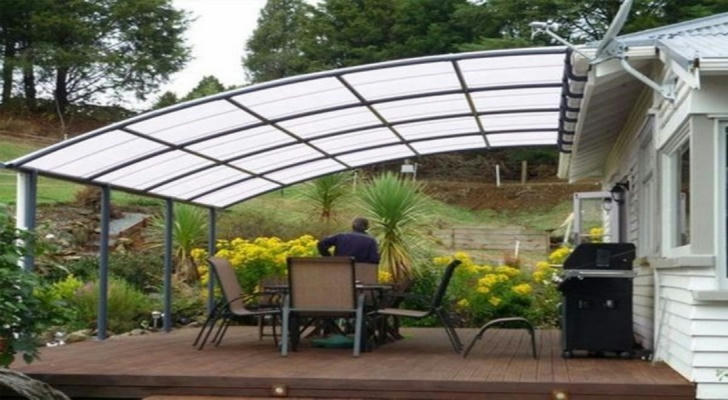
Sunshades, often known as awnings, are incredibly versatile and serve a wide range of purposes that enhance both residential and commercial environments. These practical additions offer shade on sunny days, extend outdoor living spaces, and contribute to energy savings and environmental sustainability. Understanding their diverse applications can help you appreciate their value in modern design and everyday life.
Improving Outdoor Comfort.
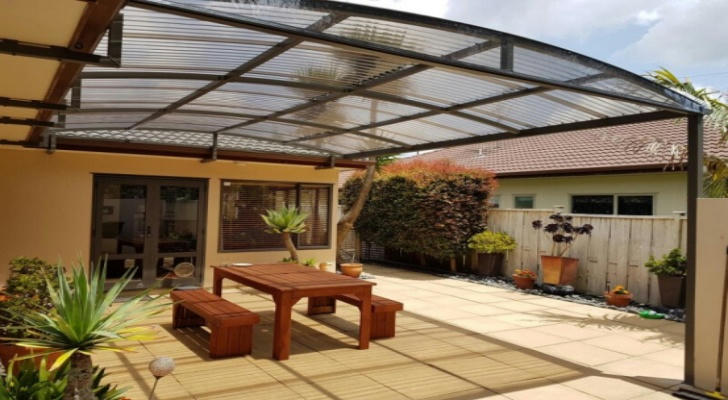
One of the primary benefits of sunshades is their ability to improve outdoor comfort. By blocking direct sunlight, they help reduce the temperature of outdoor areas. Research shows that properly installed awnings can lower indoor temperatures by up to 20 degrees Fahrenheit (11 degrees Celsius). This can lead to a reduction in air conditioning usage by as much as 25%, which not only cuts down on energy bills but also helps reduce overall carbon emissions. For instance, a retractable sunshade on a patio can make a huge difference on a hot summer day, allowing families to enjoy their outdoor space without feeling overheated.
Boosting Commercial Spaces.
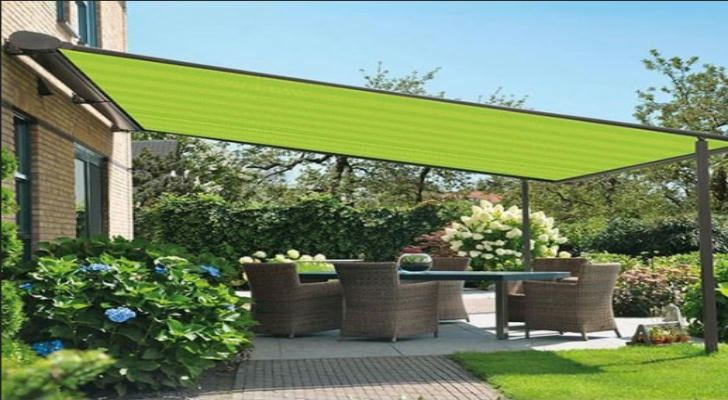
Sunshades are equally valuable in commercial settings. Many restaurants and cafes use awnings to create attractive and comfortable outdoor dining areas. Studies have found that businesses with well-designed outdoor seating can see an increase in customer traffic and longer visits. This is particularly true in urban areas where outdoor space is at a premium. For example, a cafe with colorful awnings and a shaded sidewalk seating area can draw in more customers, providing a pleasant place for them to relax and socialize while being protected from the sun and rain.
Protecting Vehicles with Carports.
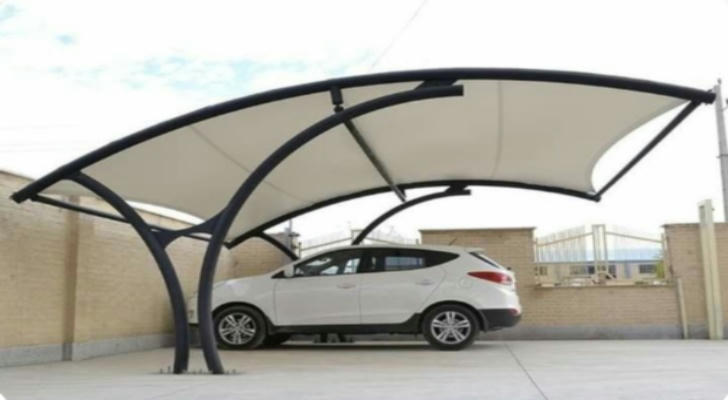
Carports equipped with sunshades offer protection for vehicles from various weather conditions, including sun, rain, and hail. This not only helps to preserve the vehicle's condition but also reduces the need for frequent maintenance. In addition to traditional carports, some designs incorporate solar panels. These solar carports serve a dual purpose: they provide shade for vehicles while generating renewable energy. This integration supports sustainability by reducing reliance on grid power and cutting down on energy costs for homeowners.
Aesthetic and Architectural Integration.
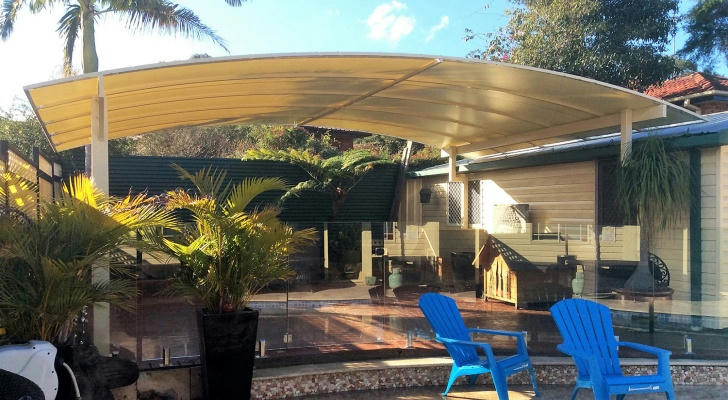
Sunshades also play a significant role in enhancing the aesthetics of a property. Available in a wide array of materials, colors, and designs, they can complement the architectural style of any building. For example, a modern office building might feature sleek, minimalist sunshades that blend seamlessly with its design, while a historic home could benefit from traditional, decorative awnings that add charm and character. By choosing the right style and material, sunshades can enhance both the functionality and visual appeal of a property.
Environmental and Energy Efficiency Benefits.
From an environmental perspective, sunshades contribute to energy efficiency and sustainability. By reducing the heat entering a building, they help minimize the need for air conditioning, which lowers energy consumption and reduces greenhouse gas emissions. This makes them a smart choice for anyone looking to improve their environmental footprint. In fact, energy-efficient sunshades can play a part in earning green building certifications and meeting sustainability goals, aligning with broader efforts to combat climate change.
Real-Life Examples.
Consider the example of a family living in a hot climate who installs a retractable awning over their backyard patio. This simple addition allows them to enjoy outdoor meals and activities without being overwhelmed by the sun's intensity. The reduction in heat also helps keep their home cooler, leading to noticeable savings on air conditioning costs.
Another example is a downtown restaurant that adds a large, colorful awning to its outdoor seating area. This upgrade not only attracts more customers but also provides a comfortable place for diners to enjoy their meals regardless of the weather. The increased foot traffic and longer stays result in higher revenue for the business.
Conclusion.
In summary, sunshades are more than just practical additions to homes and businesses, they offer significant benefits in terms of comfort, energy savings, and environmental impact. Whether used to enhance outdoor living spaces, improve commercial areas, or protect vehicles, their versatility makes them a valuable investment. By integrating sunshades into your home or business, you can enjoy a more comfortable environment, contribute to sustainability efforts, and potentially reduce your energy costs. As urban areas continue to grow and environmental concerns become more pressing, the role of sunshades in creating efficient and appealing spaces will become increasingly important.
